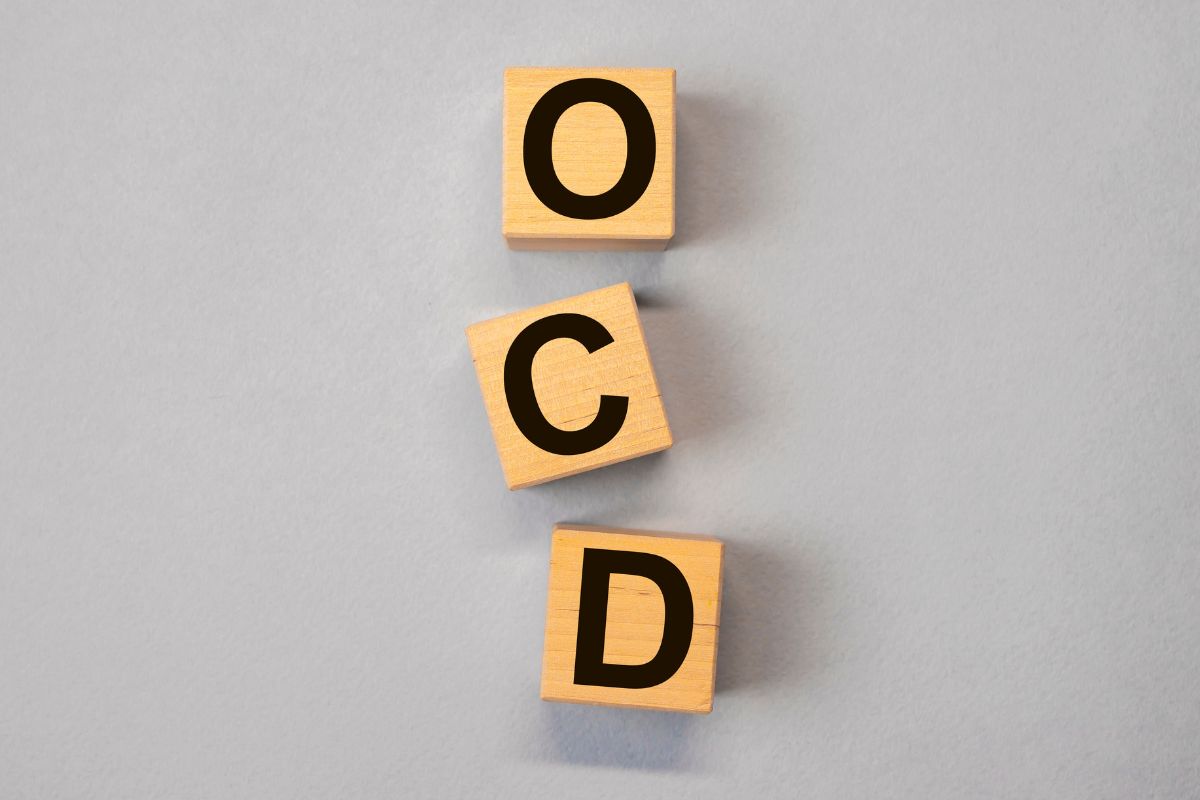Introduction:
Obsessive-Compulsive Disorder (OCD) is a mental health condition characterized by recurring, unwanted thoughts (obsessions) and repetitive behaviors (compulsions). These symptoms can significantly impact daily life, making it challenging for individuals to focus on tasks and maintain personal relationships. While there may not be a definitive OCD cure, various strategies can help manage and reduce symptoms, improving overall quality of life. This blog post will explore five effective approaches to managing OCD that individuals can implement to better manage their condition and move closer to an OCD cure.

What is Obsessive-Compulsive Disorder (OCD)?
OCD is a chronic mental health disorder that affects people of all ages and walks of life. It involves two main components: obsessions and compulsions. Obsessions are intrusive, unwanted thoughts or urges that cause significant distress. Compulsions are behaviors that individuals feel compelled to perform repeatedly in response to these obsessions. The severity of OCD varies from person to person, and while there is no one-size-fits-all OCD cure, various evidence-based strategies can help manage its symptoms effectively.
For those seeking Best Treatment, consider visiting:
5 Effective Strategies to Manage and Reduce OCD Symptoms
1. Cognitive Behavioral Therapy (CBT)
Cognitive Behavioral Therapy (CBT), specifically a subtype known as Exposure and Response Prevention (ERP), is widely regarded as the gold standard in OCD treatment. ERP involves gradually exposing individuals to their obsessive thoughts without allowing them to perform their compulsions. This process helps the brain to reduce the fear associated with these thoughts over time. Numerous studies have shown that ERP can be highly effective in reducing OCD symptoms and moving towards an OCD cure.
Learn more about Cognitive Behavioral Therapy from the National Institute of Mental Health (NIMH)
2. Mindfulness and Stress Management Techniques
Mindfulness practices, such as meditation and deep-breathing exercises, can help individuals with OCD focus on the present moment and reduce anxiety. Stress management techniques are also vital, as stress often exacerbates OCD symptoms. Mindfulness allows individuals to acknowledge their obsessive thoughts without feeling overwhelmed by them. Over time, this practice can lead to a decrease in the frequency and intensity of both obsessions and compulsions, aiding in the journey towards an OCD cure.
3. Support Systems and Therapy Groups
Joining support groups, either in-person or online, can provide immense emotional relief for individuals with OCD. These groups offer a safe space for people to share their experiences and learn from others who are going through similar struggles. Connecting with a therapist, counselor, or peer support system can also provide valuable guidance, emotional support, and coping strategies on the path to finding an OCD cure.
Explore OCD support resources through the Substance Abuse and Mental Health Services Administration (SAMHSA)
4. Healthy Lifestyle Choices
Leading a healthy lifestyle plays an important role in managing OCD. Regular physical activity, balanced nutrition, and sufficient sleep can positively affect mental health. Exercise, in particular, has been shown to reduce anxiety and stress, both of which are common triggers for OCD symptoms. Additionally, following a well-rounded diet that nourishes the body can enhance overall well-being and improve cognitive function, supporting your journey towards an OCD cure.
5. Limit Triggers and Develop Coping Mechanisms
Identifying and limiting exposure to specific OCD triggers can help manage symptoms. For example, if cleanliness is a trigger for obsessive thoughts, individuals can practice gradual desensitization in combination with professional guidance. Coping mechanisms, such as journaling, positive affirmations, or engaging in creative outlets, can also help alleviate OCD-related stress and contribute to achieving an OCD cure.
Conclusion
While there may not be a guaranteed OCD cure, individuals can take active steps to manage and reduce its impact on their lives. Cognitive Behavioral Therapy, mindfulness practices, a strong support system, healthy lifestyle choices, and limiting triggers are effective strategies that can significantly improve symptoms. With the right approach and professional support, people living with OCD can lead fulfilling and productive lives.
You can visit our more blogs on:

